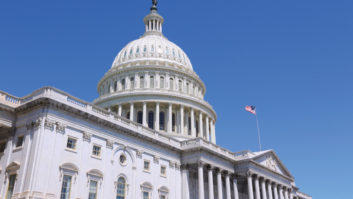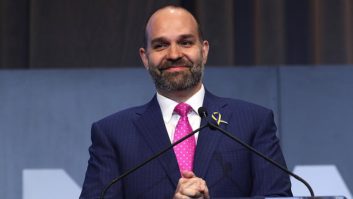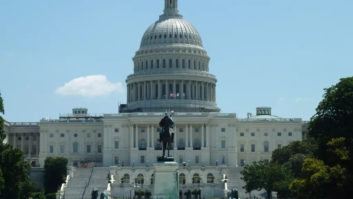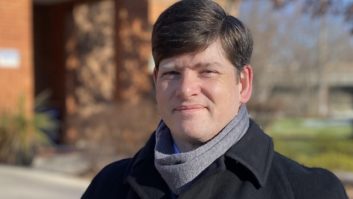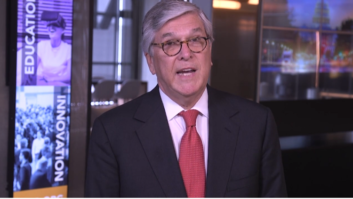In the past few months, the Federal Communications Commission has taken steps to deliver significant regulatory relief to broadcasters. Not only has the FCC sought comment on proposed rules to eliminate the local main studio requirement, it is also seeking broad comment from the public proposing the revision and/or elimination of broadcast-related regulations. Finally, the FCC issued a declaratory ruling indicating that broadcasters may rely solely on the internet to widely disseminate hiring opportunities.
MAIN STUDIO RULE
One of the central tenants of the FCC�s regulation of broadcast stations has been the idea that the local broadcast station serves as the critical hub of engagement between the station and its local community. To that end, the FCC requires broadcast stations to maintain a main studio in or nearby the station�s community of license. That main studio must be staffed by full time employees, open during regular business hours, and until recently, maintain a public inspection file.

As discussed in the March 2016 update, the FCC modified its local public inspection file rules, instead requiring that all radio stations migrate their files to the FCC-maintained website no later than March 1, 2018. In doing so, the FCC determined that the public rarely visits broadcast stations to review public inspection files, and that posting this information online may encourage more public participation.
More recently, the FCC severed the last link between the public inspection file and the local main studio when it eliminated the requirement that broadcast stations maintain copies of letters from the public in their public inspection files.
Now, the FCC has proposed to completely eliminate the requirement that broadcast stations maintain a local main studio. If adopted, broadcast stations would no longer be required to employ full-time staff or maintain the ability to originate programming, in the local community. The FCC does propose to continue requiring that the broadcast station maintain either a local telephone number or a toll-free number.
The deadline for comments in this proceeding has yet to be announced.
UNDERBRUSH 2.0
In the 1980s, the FCC launched several rulemakings in attempt to clear the �regulatory underbrush� affecting the broadcast and cable industries. At its May 2017 meeting, the FCC adopted a public notice that could be the start of a new underbrush clearing exercise.
In particular, the public notice calls for public comment addressing �unnecessary regulations and undue regulatory burdens that can stand in the way of competition and innovation in the media markets.�
Rather than target specific regulations, such as the main studio rule discussed above, the FCC released an attachment that merely listed each of the rule sections setting forth the procedural and sustentative regulations affecting broadcasters, antenna structure registrants, multi-channel video program distributors and satellite licensees. As such, it would appear that there is no limit to what the public can propose, and no apparent constraints to what regulations the FCC may propose to modify or eliminate in a future rulemaking proceeding.
The deadline for comments in this proceeding has yet to be announced.
EEO RECRUITMENT
Finally, the FCC responded to a petition for declaratory ruling in April, and determined that broadcasters, cable and satellite TV providers may now solely disseminate employment opportunities with online sources.
Previously, the FCC had required the use of a blend of different sources to widely disseminate employment opportunities, including on-air and newspaper. In fact, the FCC issued an $11,000 forfeiture order in 2016 to a MVPD that only posted employment opportunities online.
In light of the declaratory ruling, the FCC will now permit broadcasters and MVPDs to meet its general obligation to publically announce employment opportunities solely online. This change does not eliminate the requirement that broadcasters and MVPDs provide notice to specific organizations that have requested notice of employment opportunities. Additionally, broadcasters and MVPDs will need to comply with the obligation to participate in a �menu� of outreach efforts (job fairs, internships), and maintain records detailing their efforts and submission of the periodic FCC forms documenting these efforts.
DATELINE
July 10 � Stations must place/upload second quarter 2017 issues/program lists in their public inspection files.
Aug. 1 � Stations in California, Illinois, North Carolina, South Carolina and Wisconsin must place their annual EEO public file reports in the station�s public inspection file.
Aug. 1 � Stations with 11 or more full-time employees in California must file a broadcast midterm report (FCC Form 397) with the FCC.





